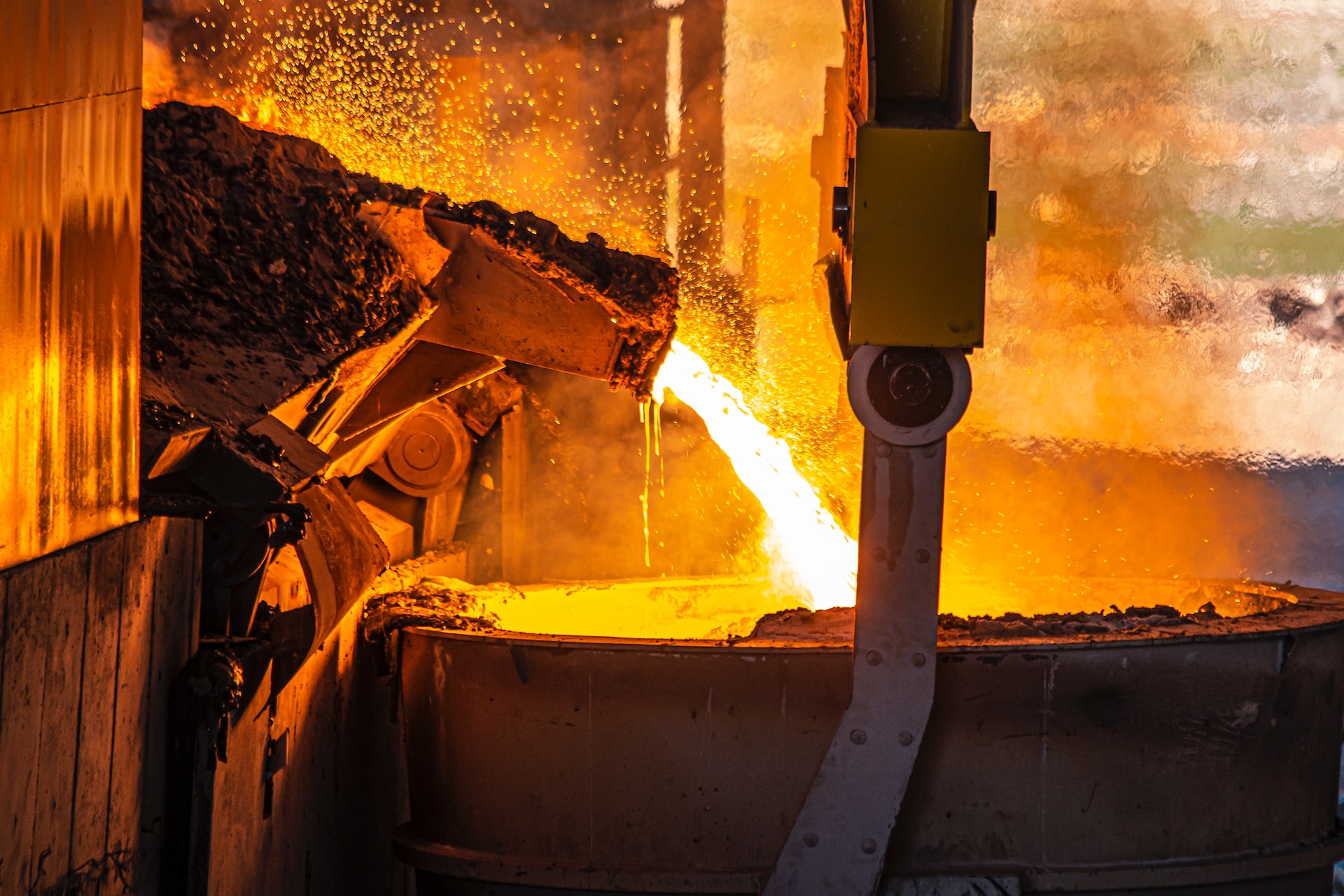A proliferation of different steel decarbonization standards or initiatives may “create uncertainty for [steel] producers, increase transaction costs, and risk trade frictions,” the World Trade Organization Secretariat said Dec. 21.
Coherence and alignment are needed in this area, it said.
More than 20 different standards and initiatives exist or are under development to support steel decarbonization efforts, the WTO Secretariat said in a note entitled “Decarbonization Standards and the Iron and Steel Sector: How Can the WTO Support Greater Coherence?”
“Work is needed to enhance the alignment of standards, including by finding areas for further convergence on specific measurement methodologies, definitions, and performance thresholds for decarbonization,” the note states. “It is also crucial to ensure that developing countries’ perspectives and challenges are considered and addressed.”
The WTO noted that there are multiple pathways and technologies to decarbonize steelmaking, including hydrogen-based steelmaking, electrolysis, and carbon capture, storage, and usage. Many options are still relatively costly, however, and require government action to provide the necessary framework for scale and global dissemination, it stated.
“Governments have a pivotal role to play in push-and-pull mechanisms for near-zero emission steel, including for the commercialization of breakthrough technologies and green public procurement,” the WTO said in its note. “Public–private partnerships are crucial in driving innovative technologies to decarbonize emission-intensive industries. These include efforts to bring forward demand signals for near-zero and zero-emission products by creating buyer’s clubs for these products.”
The note was issued ahead of the WTO Secretariat’s planned March 9, 2023 event in Geneva entitled “Decarbonization Standards for Trade: Promoting Coherence and Transparency in the Steel Sector.”
The event aims to bring together WTO members with industry leaders and experts in a multi-stakeholder dialogue on how coherent and transparent standards have a crucial role to play in accelerating the global scale-up of low-carbon steelmaking technologies and avoiding trade frictions.
Speakers will include stakeholders from the steel sector, academia, international organizations, and civil society, the Secretariat said.
Steelmaking accounts for around 8% of total global CO2 emissions, it noted.
Developing nations should play part
At the United Nations Climate Change Conference (COP27) held last month in Sharm el-Sheikh, Egypt, WTO Director-General Ngozi Okonjo-Iweala called for greater international cooperation on trade-related climate policies, including decarbonization standards.
“Achieving global net-zero targets will require consistent and comparable greenhouse gas emissions measurement,” the WTO note said. “However, the proliferation of divergent carbon standards and certifications across countries and sectors risks fragmentation undermines environmental credibility, and creates barriers to trade and investment.”
The shift toward new technologies and processes for low-carbon steelmaking may involve the development of new supply chains and trade patterns to deliver the needed inputs, such as green hydrogen, the note continued. “This shift may create new opportunities for developing countries to integrate into green steel supply chains. Developing countries should be supported to exploit these opportunities given the expected future demand for steel products concentrated in developing markets and the need to ensure a just transition to a low-carbon economy.”
— Diana Kinch






